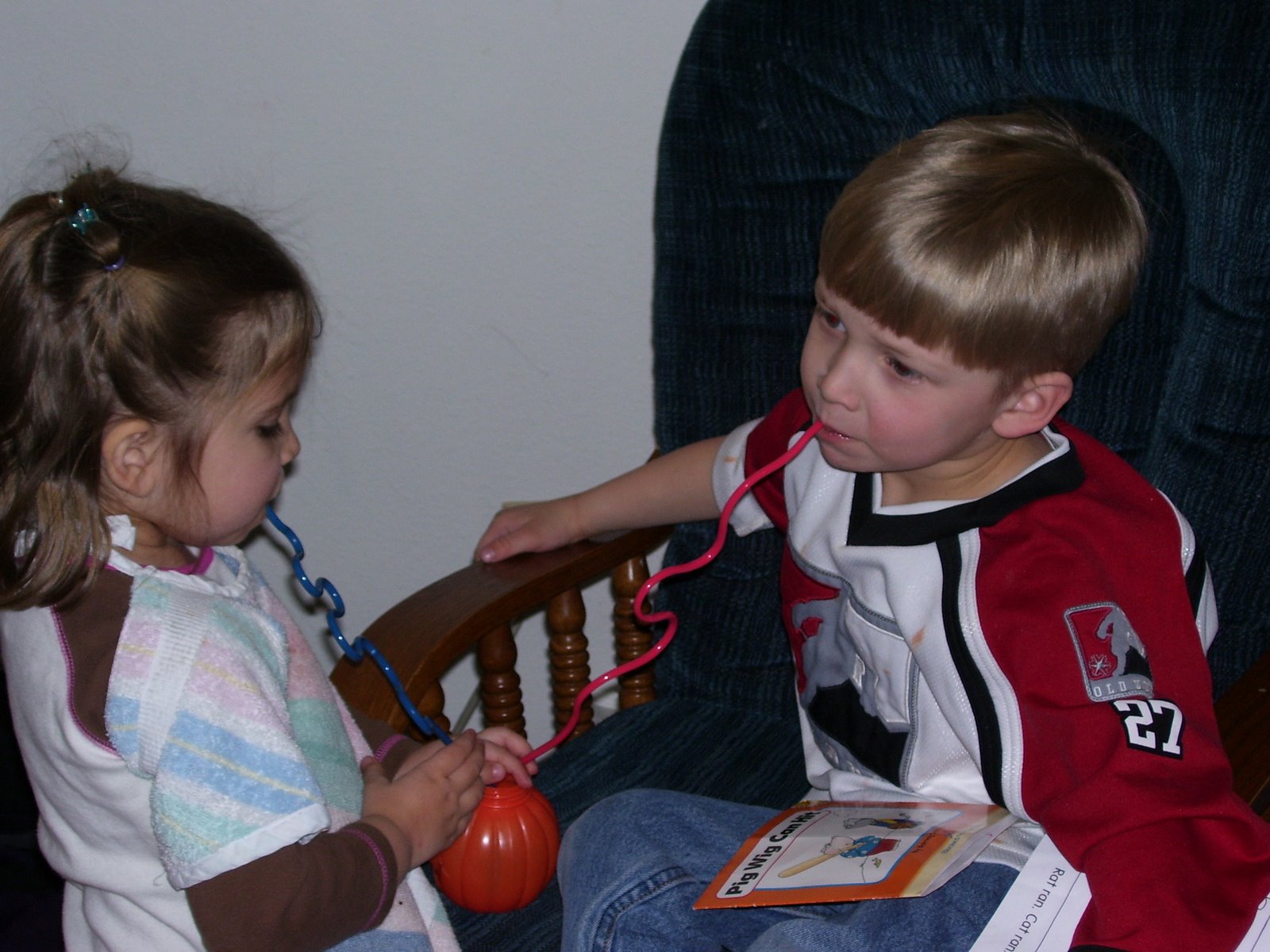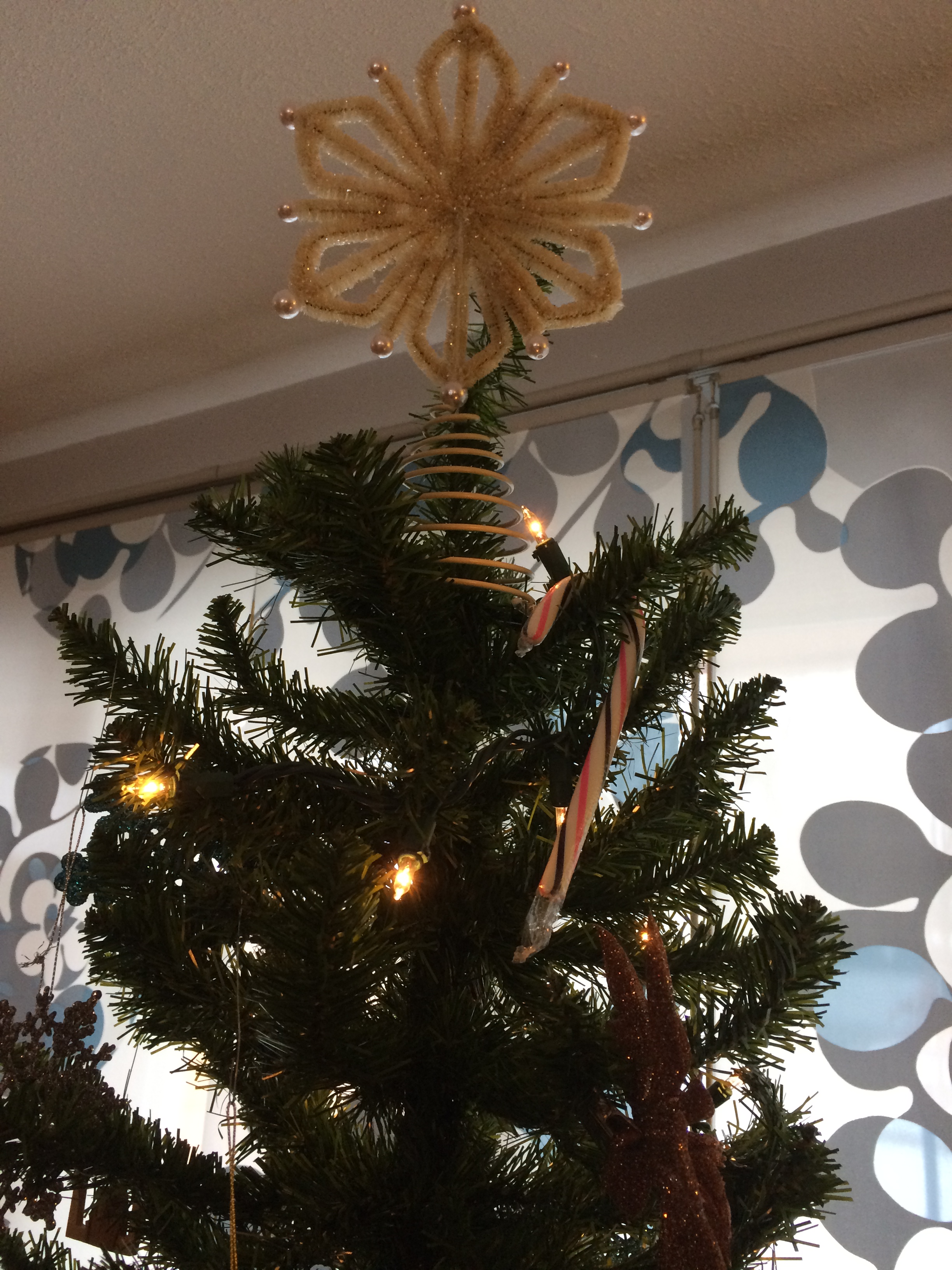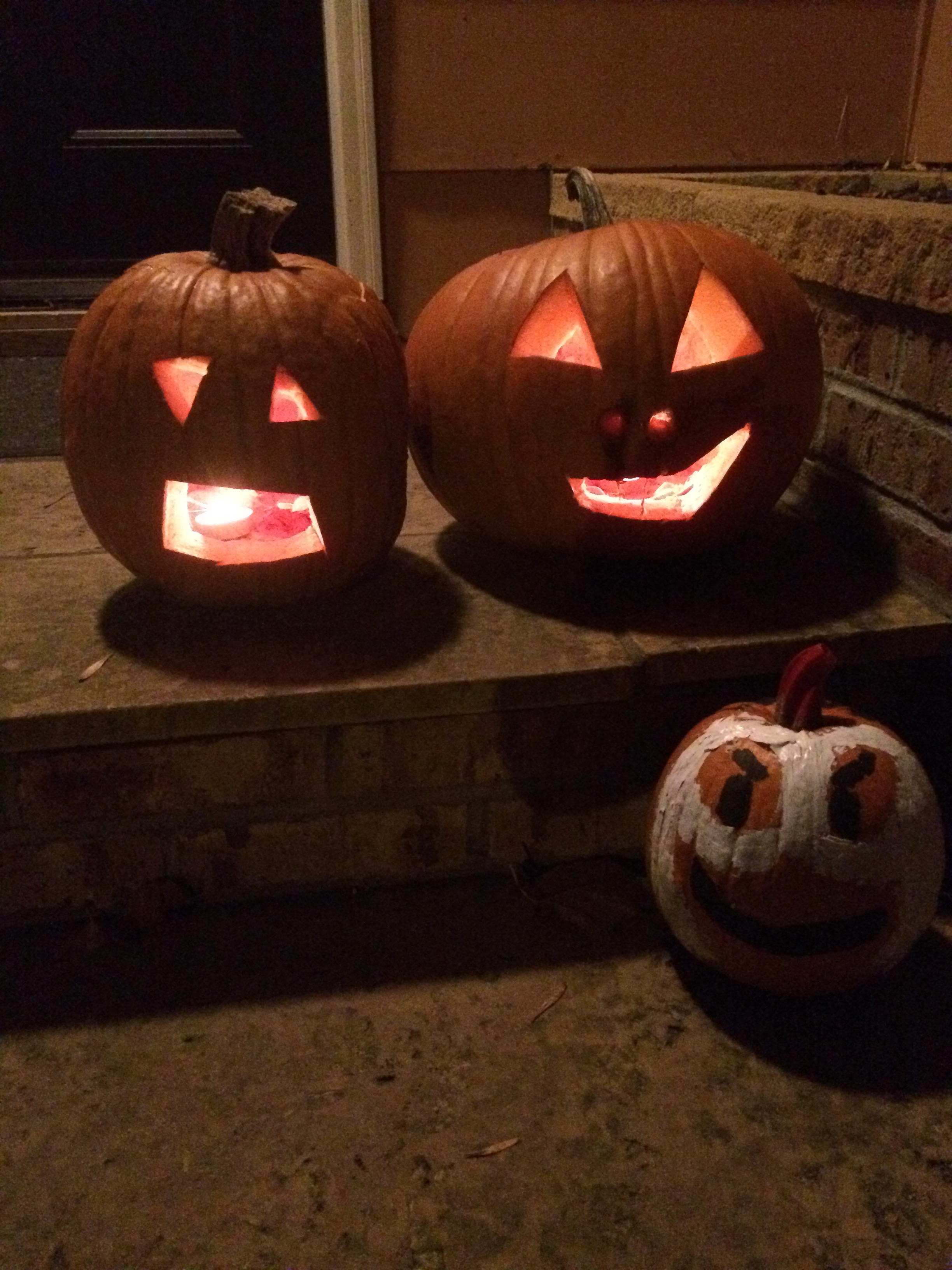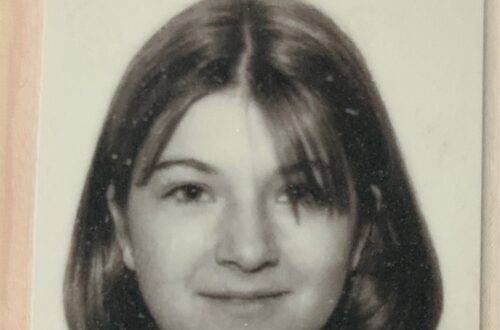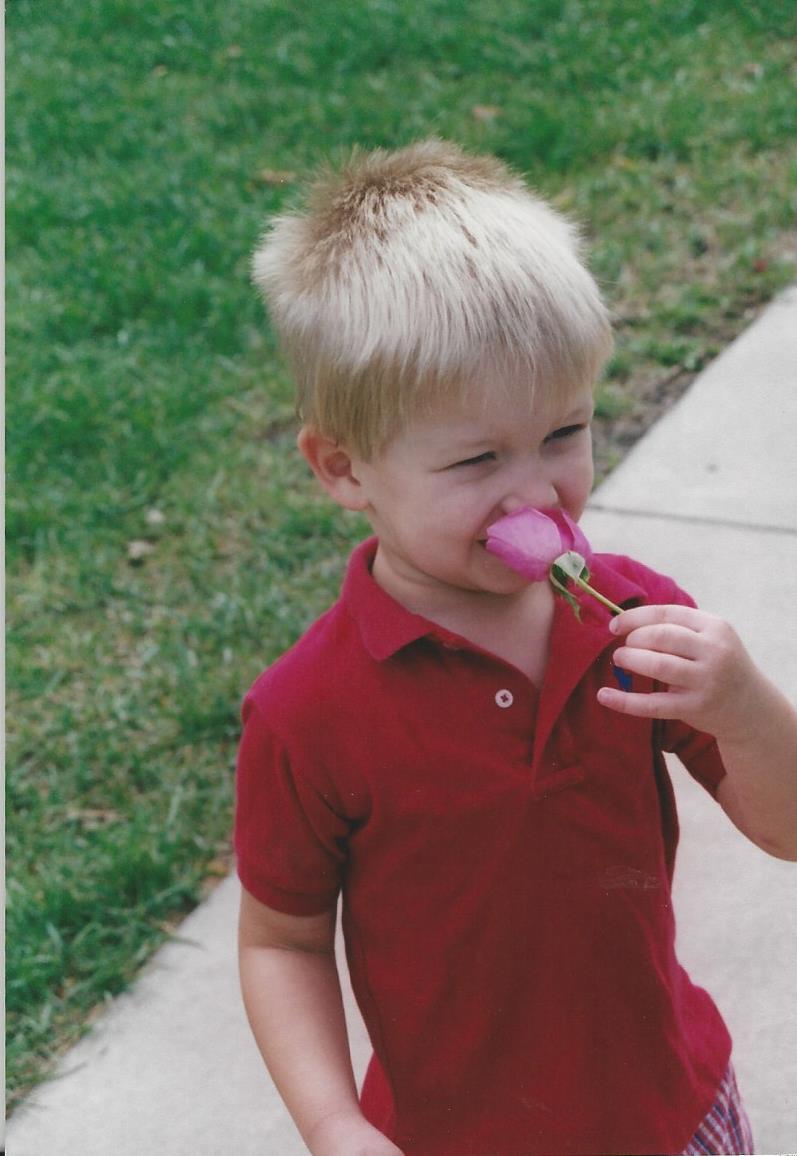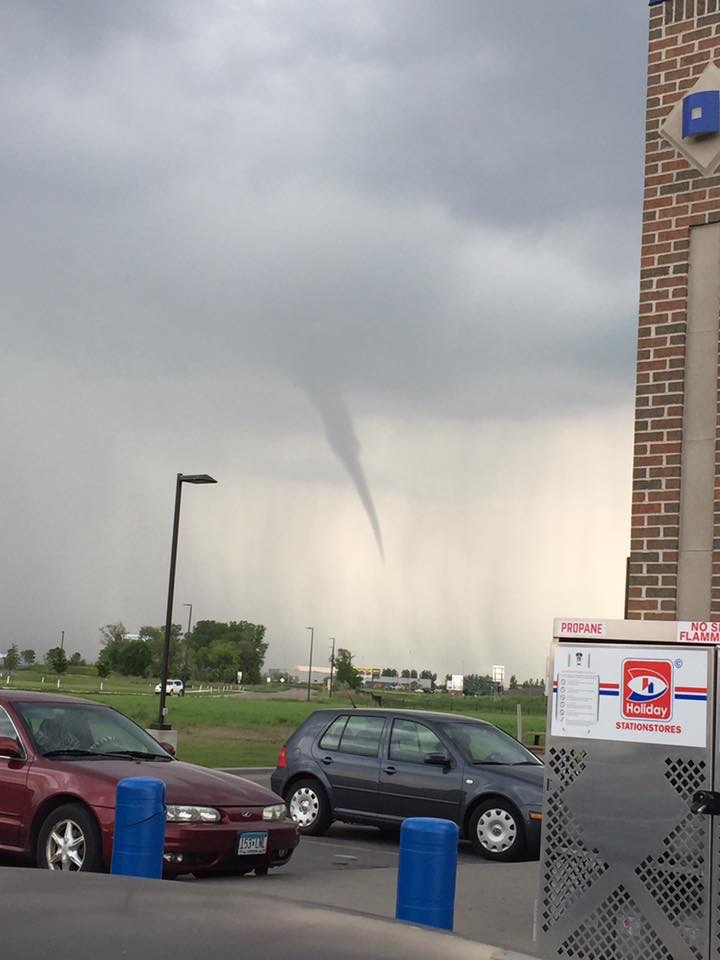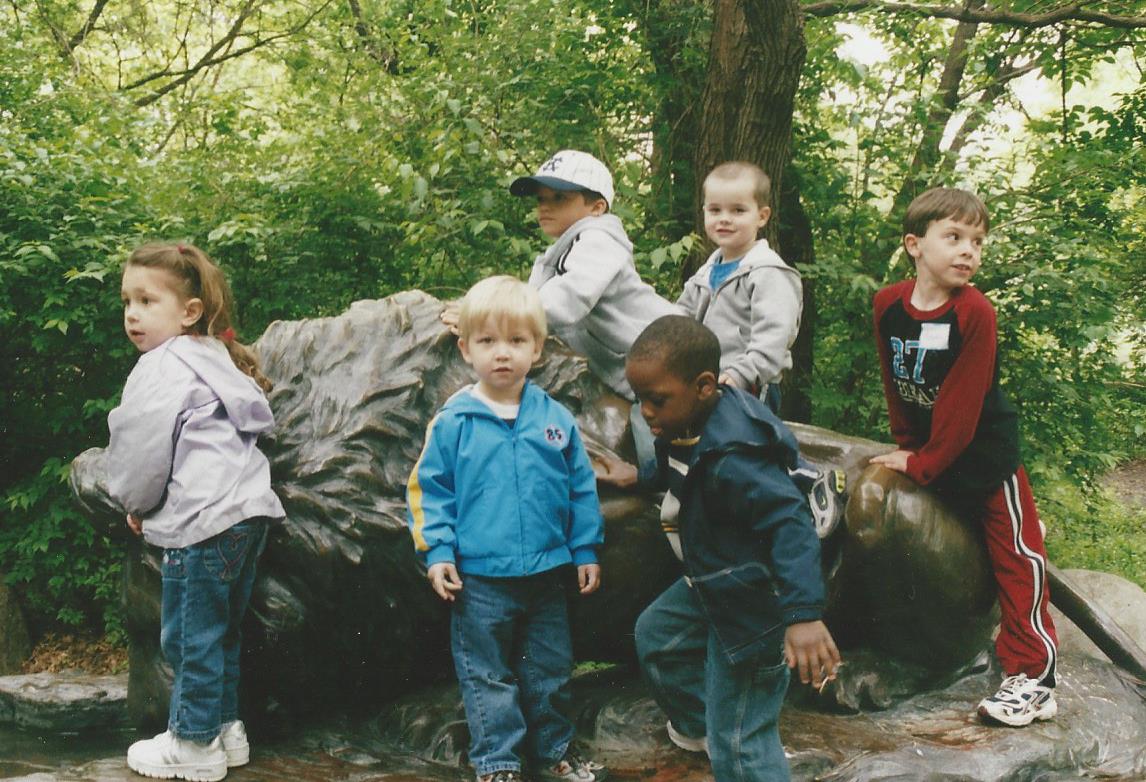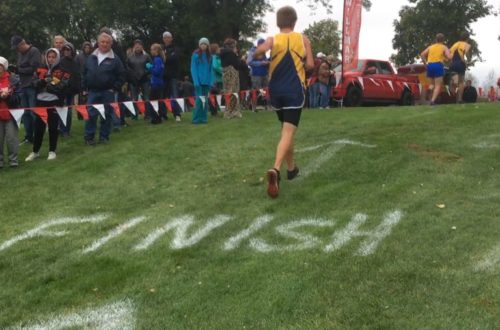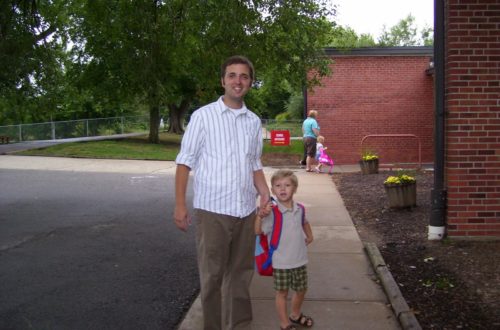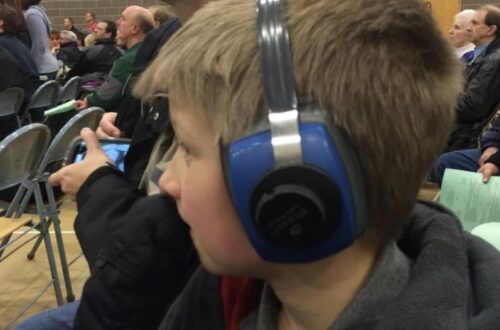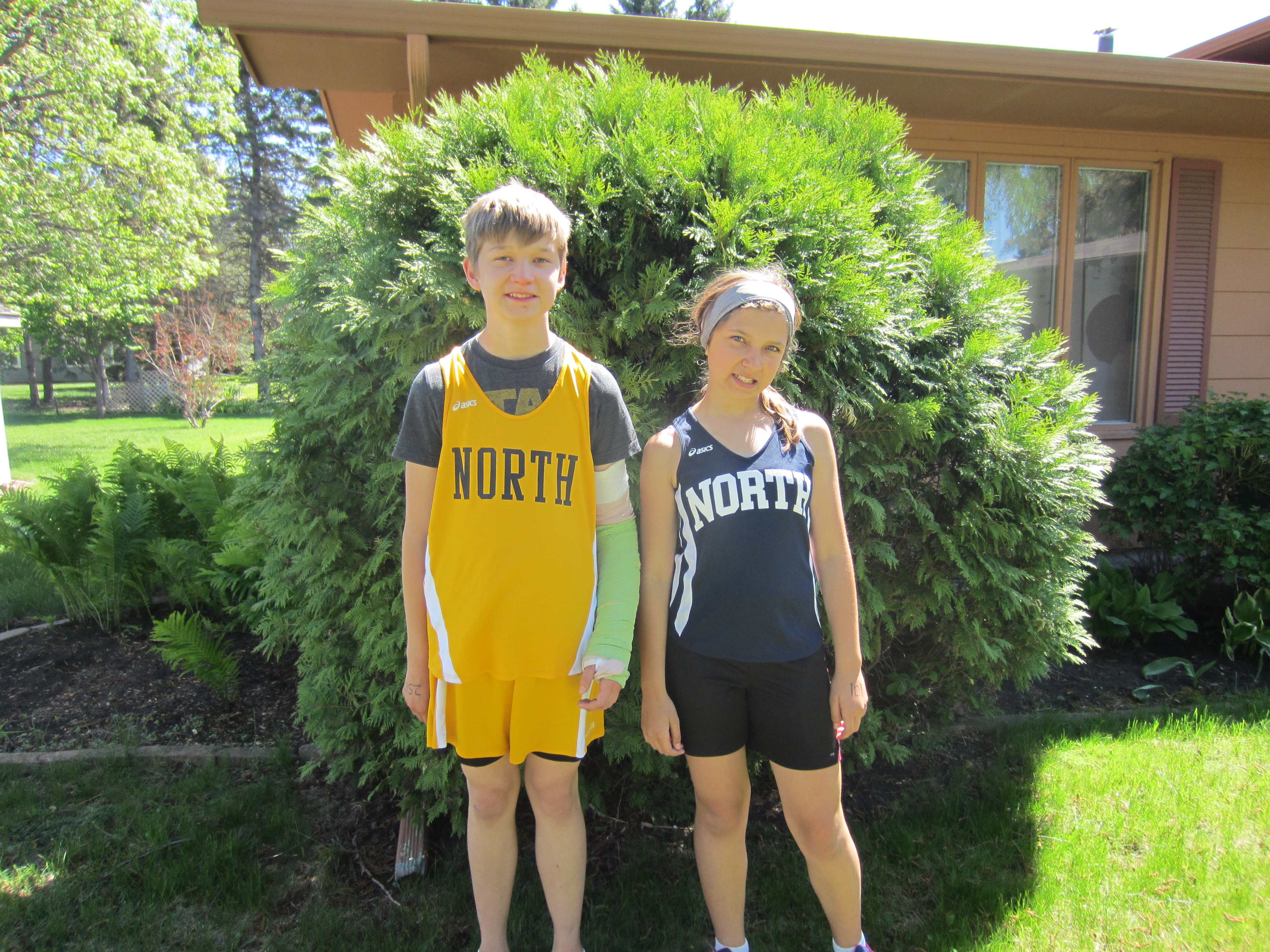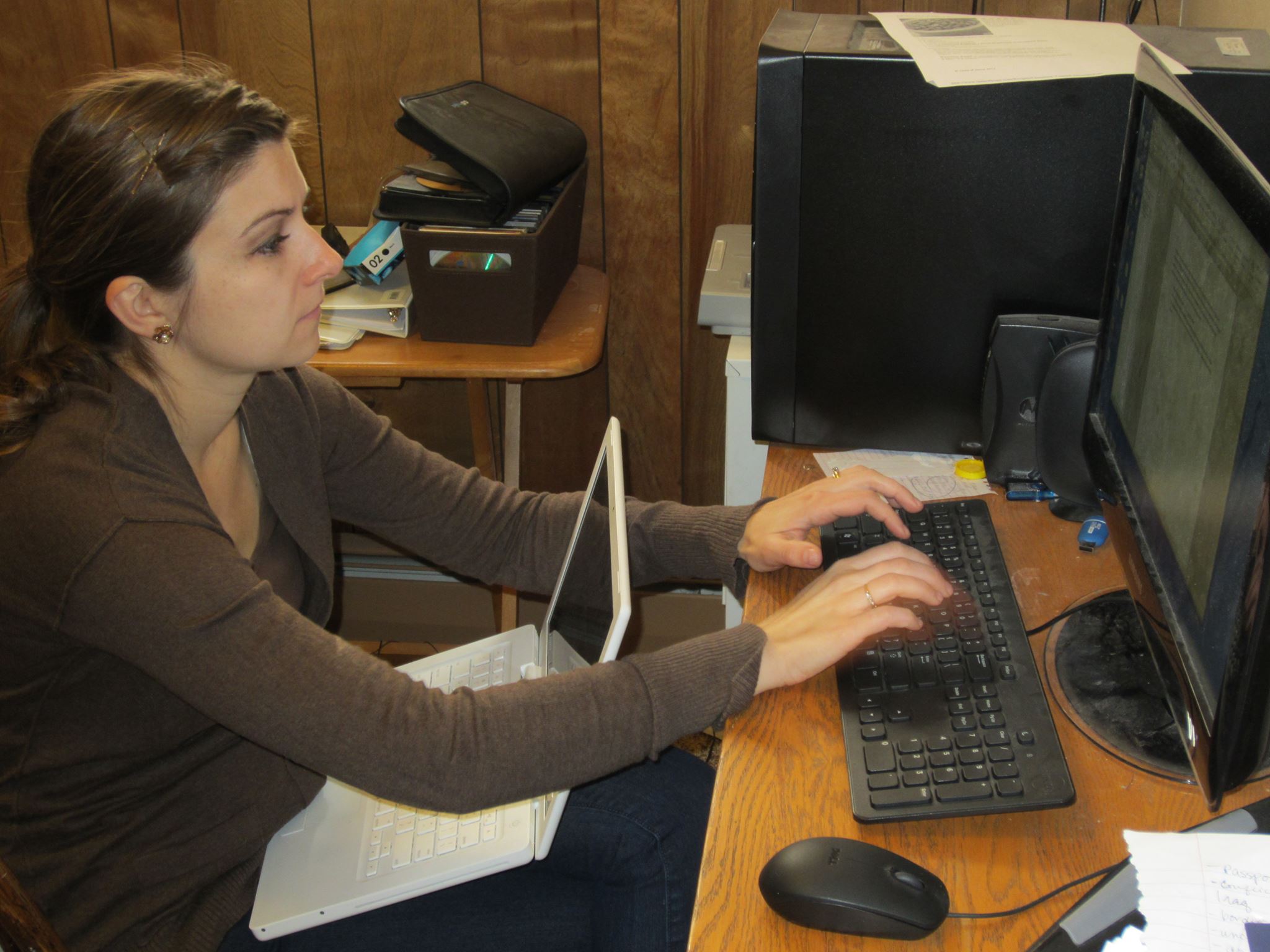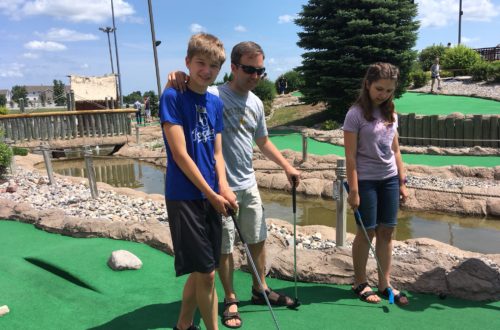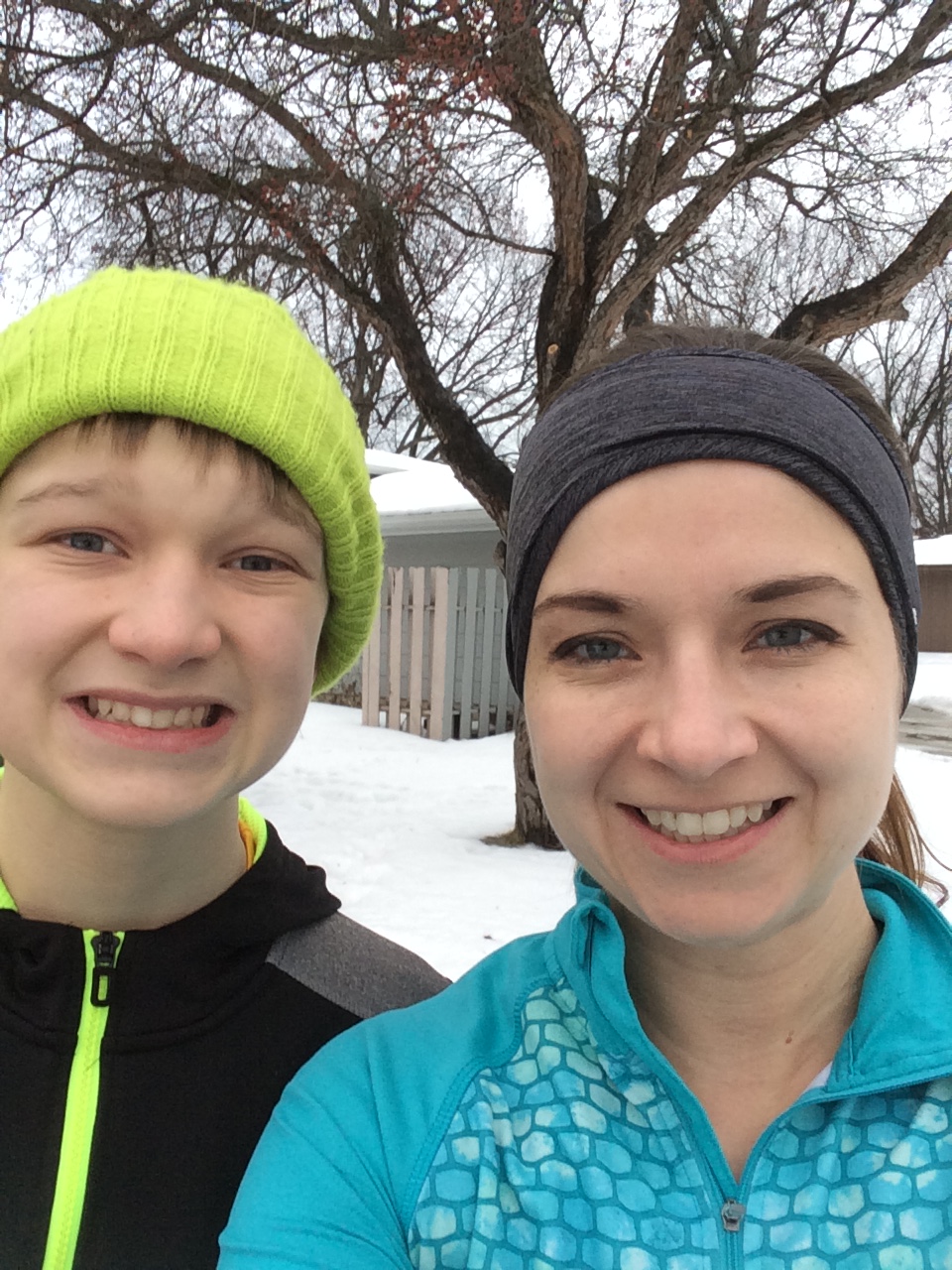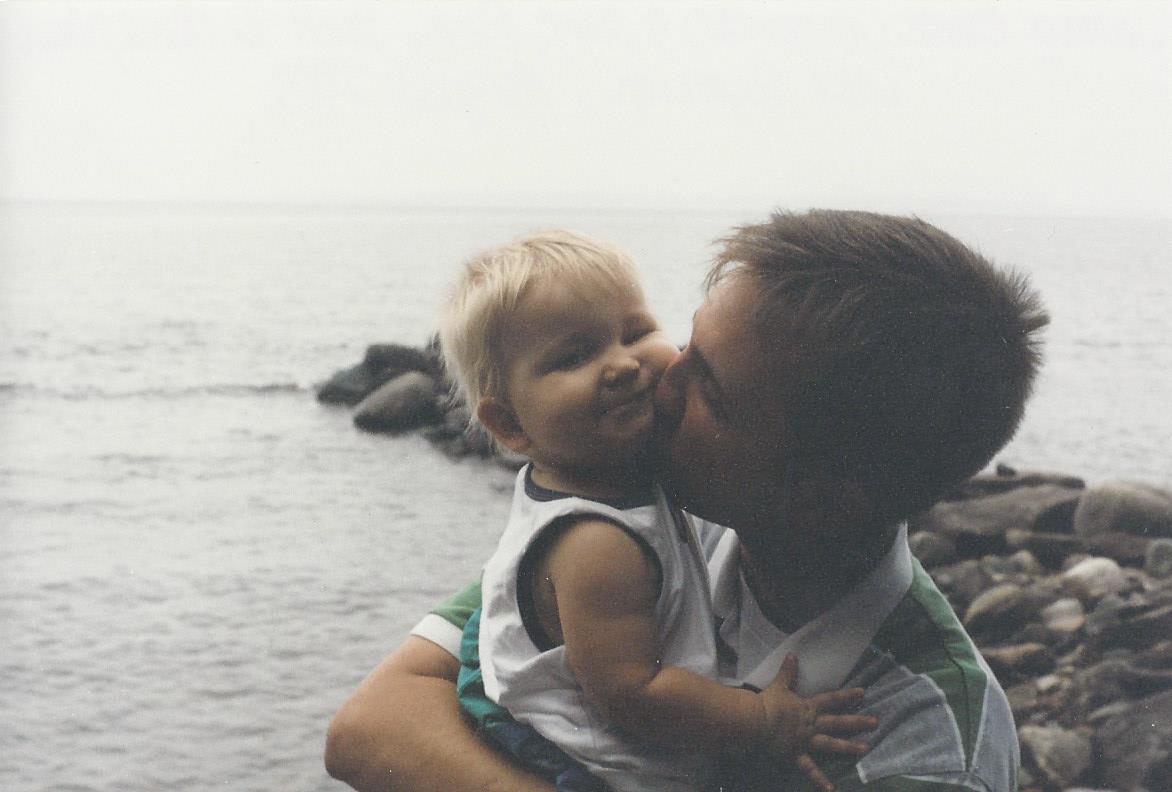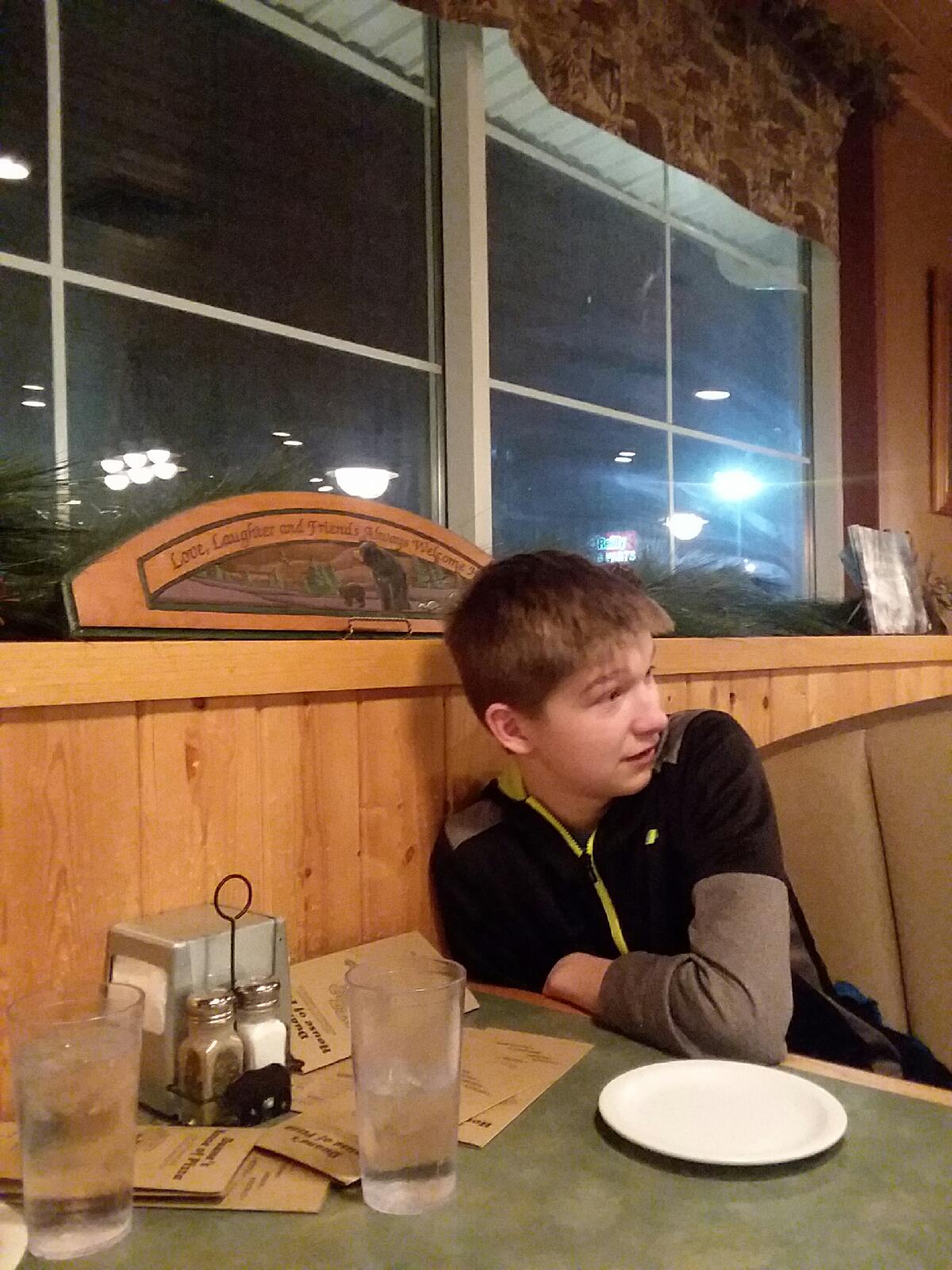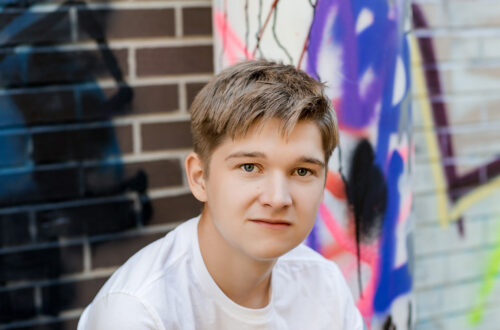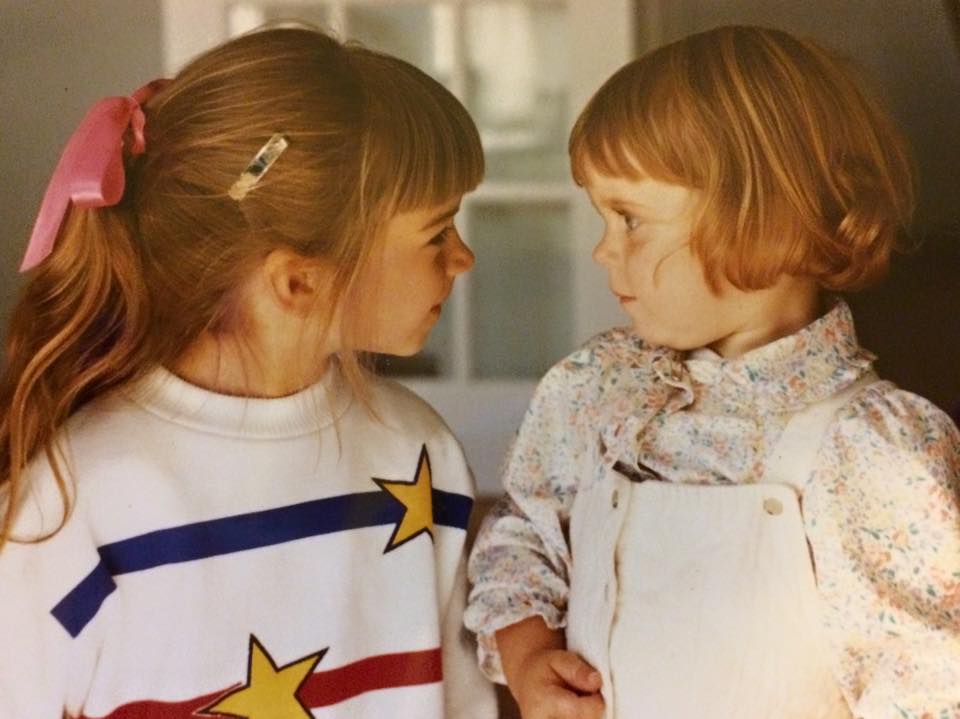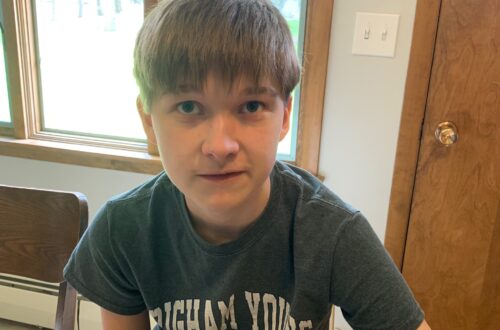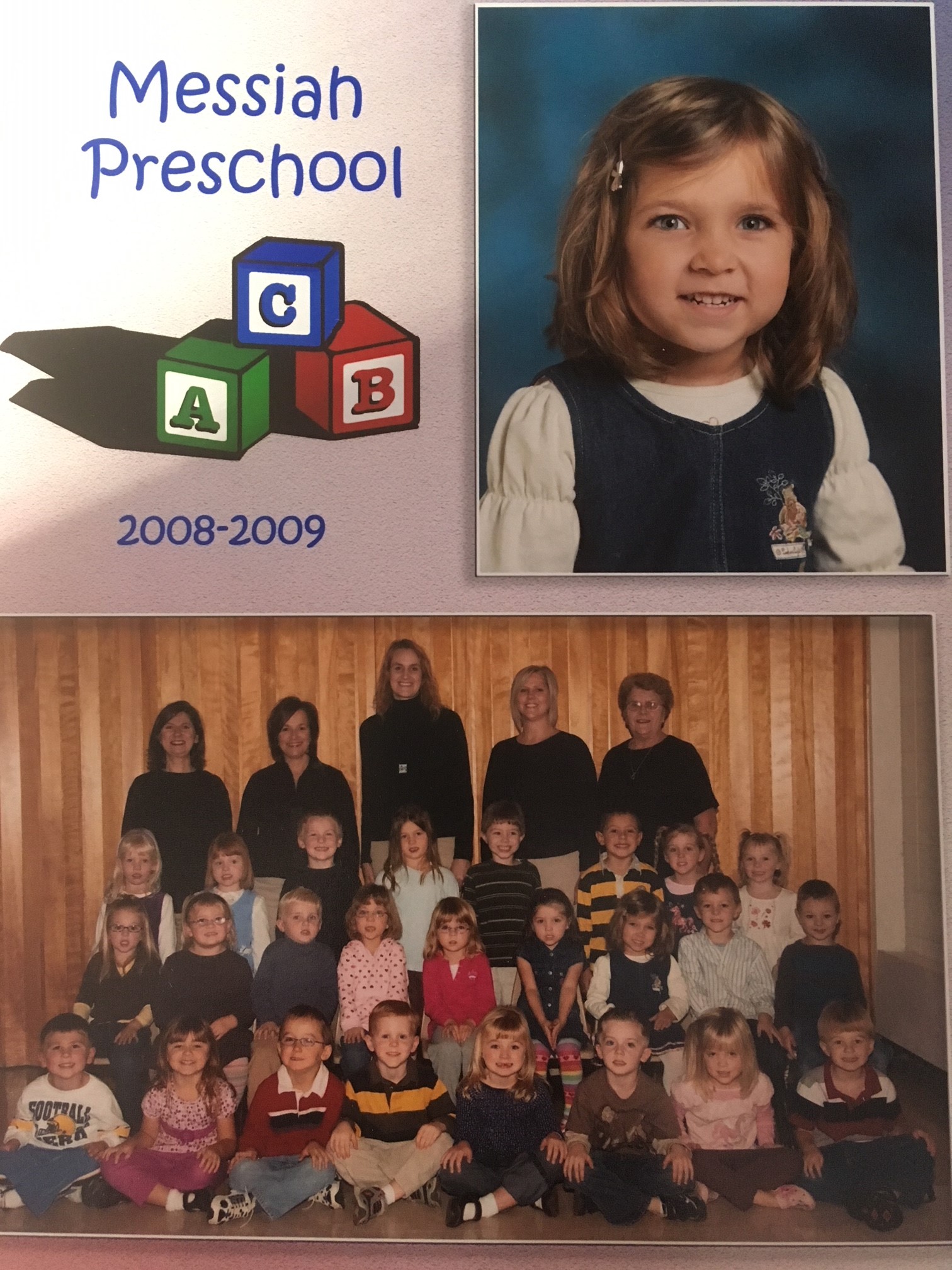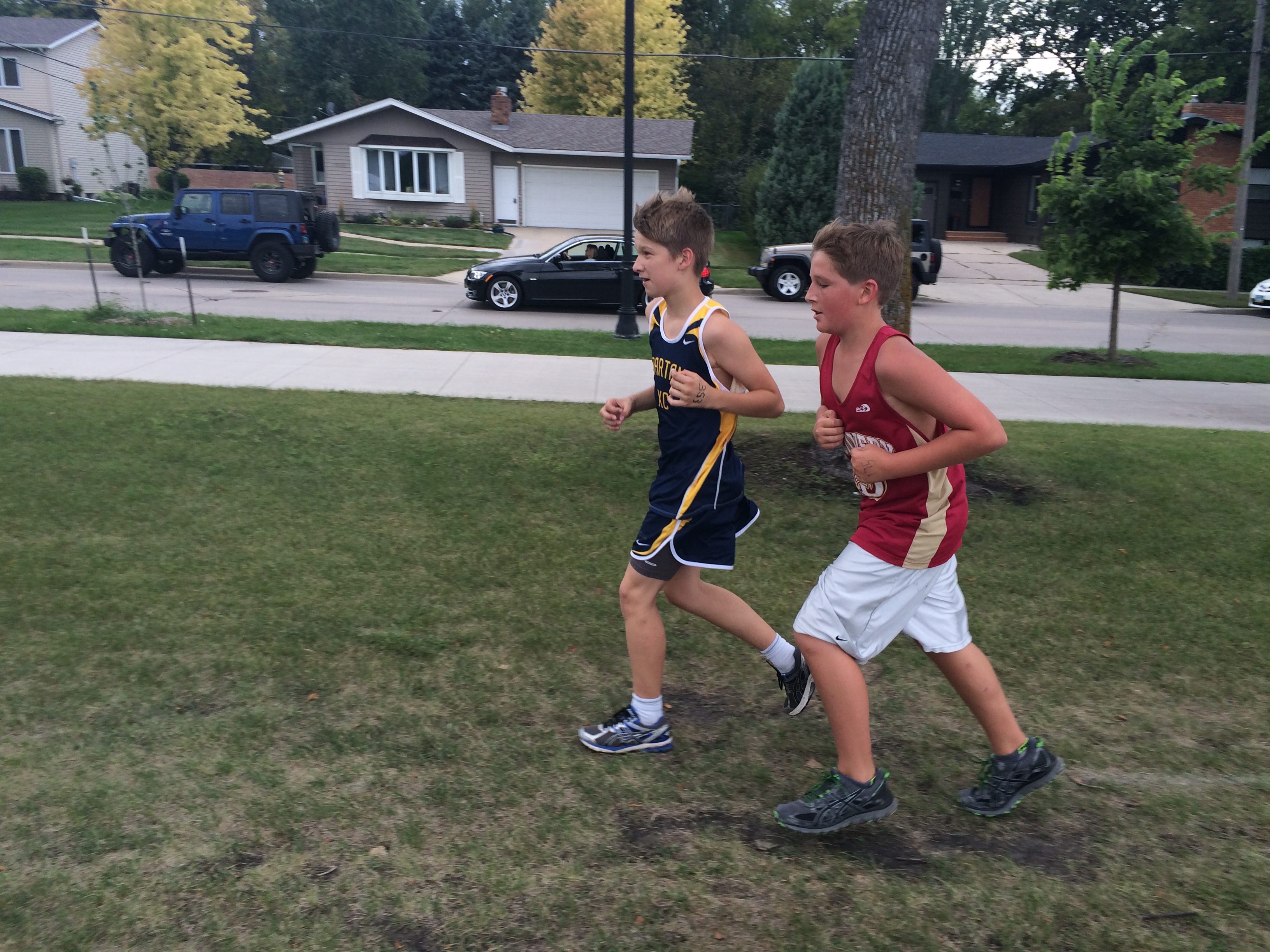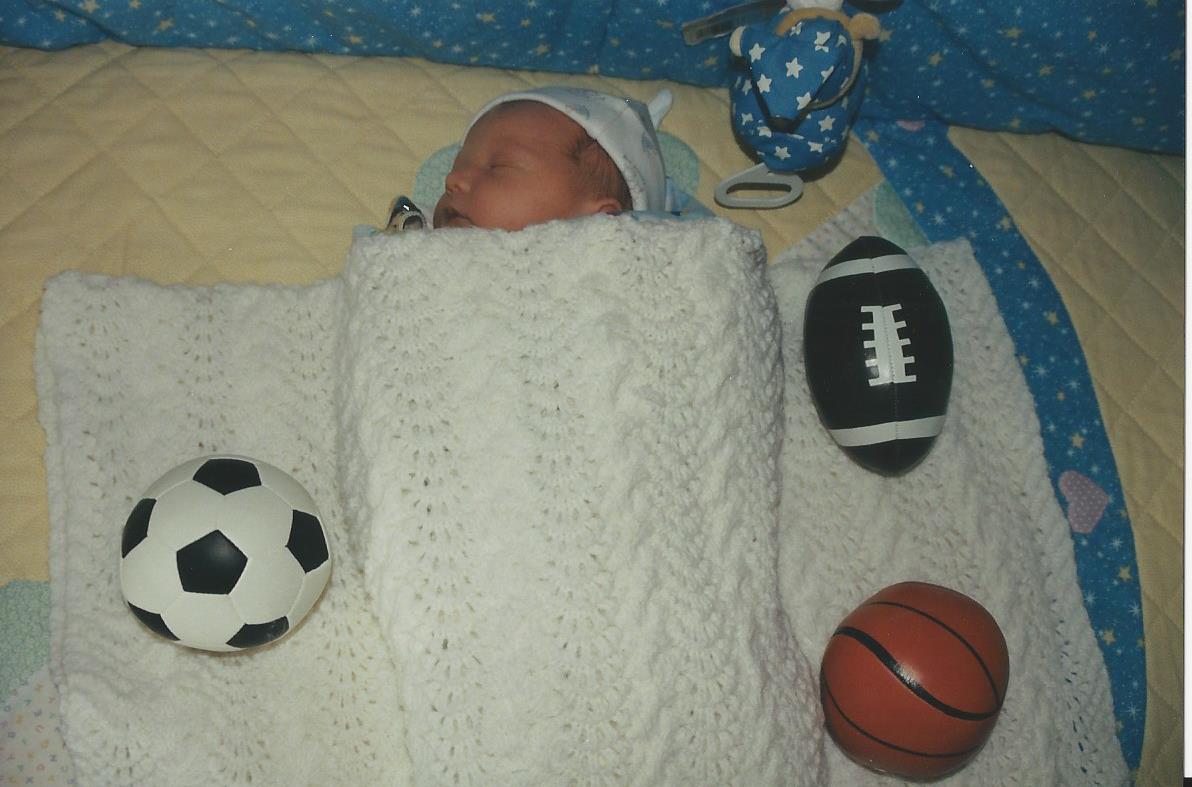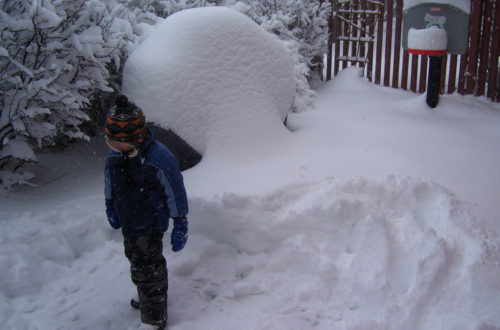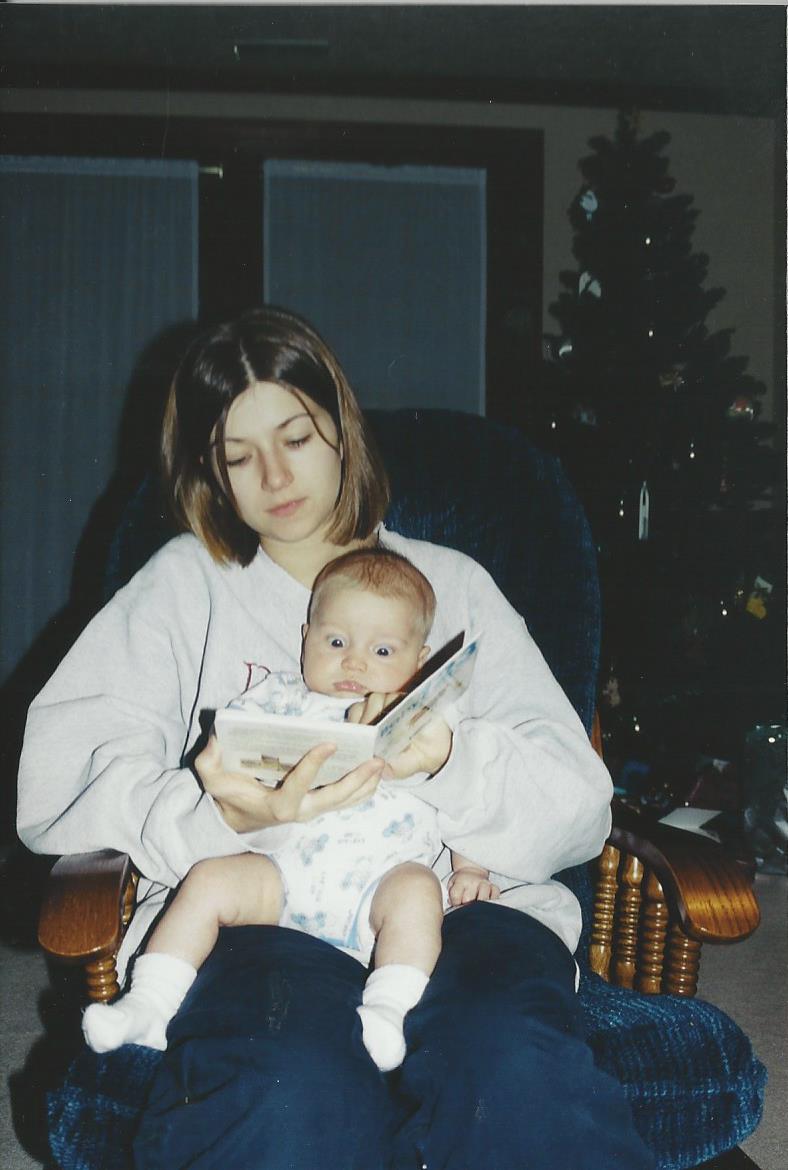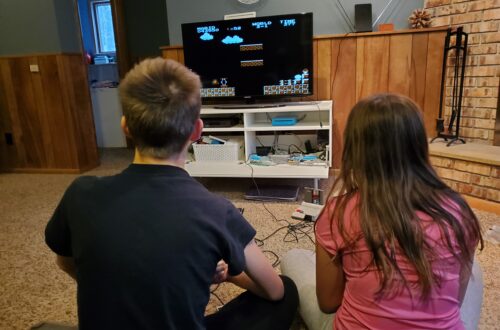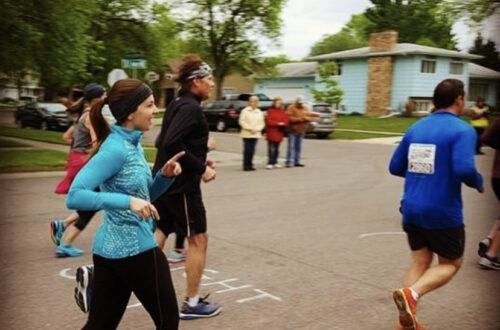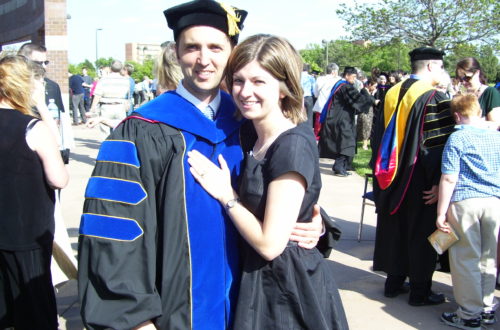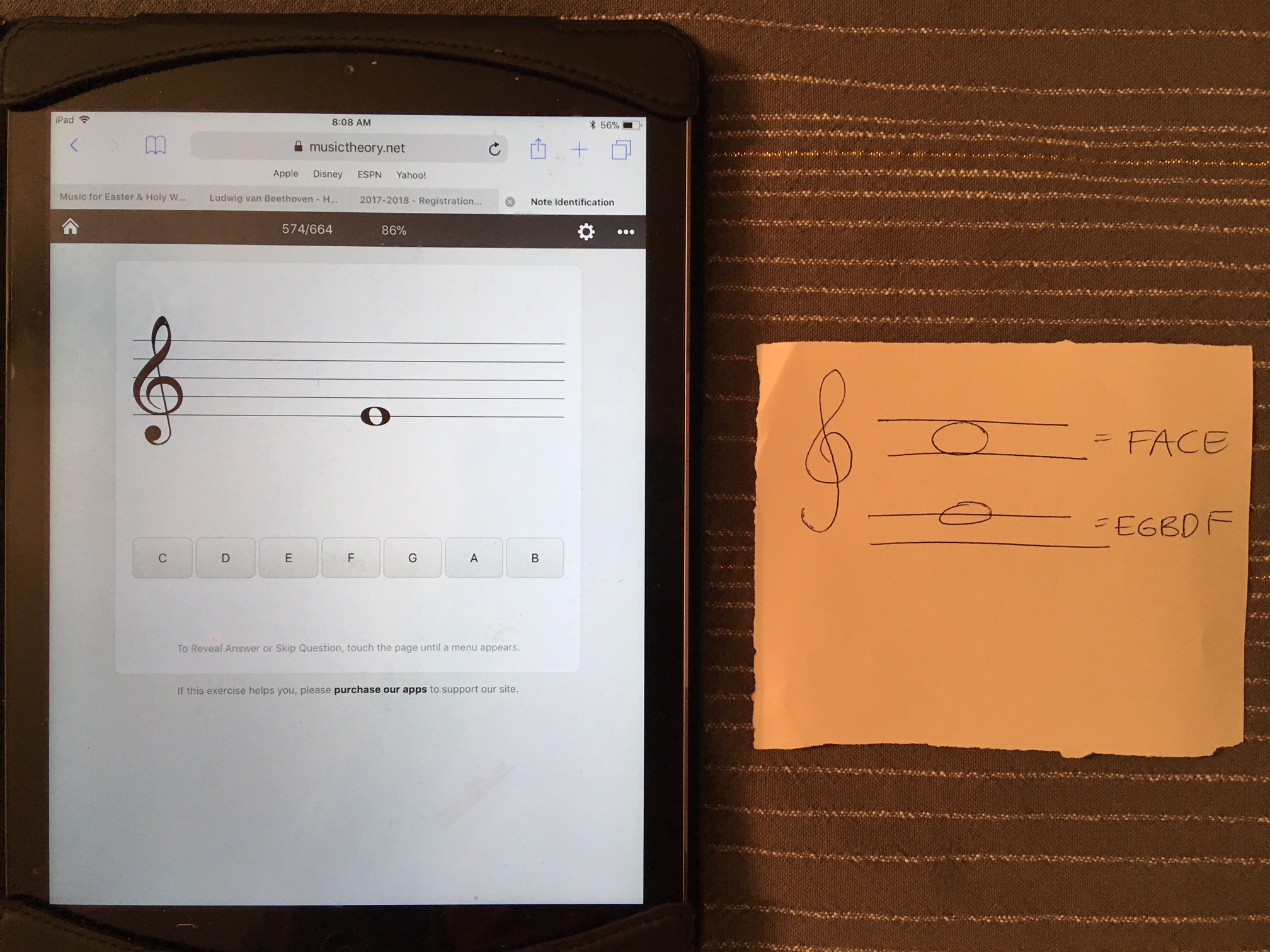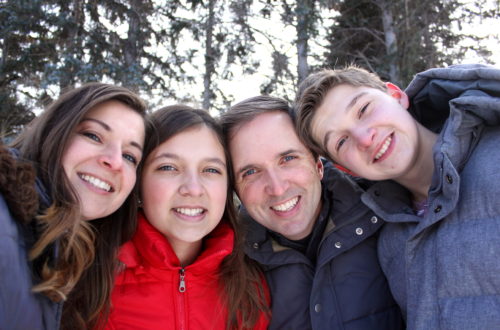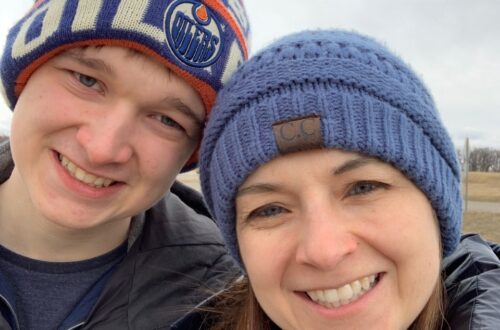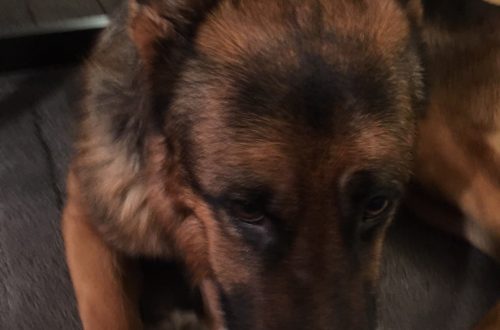-
Autism Doesn’t Exist in a Vacuum
There have been very few moments where J and W haven’t shared the same space. They’re 22 months apart, and in the early days, it felt like I had twins. Because of J’s developmental delays and W’s precociousness, they moved in the same sphere. We had teachers and speech therapists in our house weekly, and while the adults struggled to engage J and keep him attentive, W sat at the table, ready to learn, the wheels turning. W attended J’s early intervention preschool as a peer model, pre-screened to meet requirements of academic readiness and the ability to have compassion for children with special needs. She moved around the preschool…
-
Navel Strings
I am not a helicopter mother by choice. I really, really believe that it’s healthy for kids (and parents) to have their space. Kids need to step out in the world on their own, get their hands dirty, make mistakes, learn by trial and error. It’s essential in developing self esteem, innovation, confidence, social skills, negotiation skills and more. Of course parents should be there in guiding kids away from harmful dangers, enhancing moments of learning and growth, but I really feel that kids learn best when they feel trusted–trusted to succeed and trusted to make mistakes. I just can’t do that with J. There are so many strings attached with…
-
Sabre-toothed Tigers
I’ve debated over and over again how to talk to my kids about school shootings. I’ve had short, infrequent, conversations with my daughter, who at this point, is totally unfazed by them. She tells me that she knows what to do–hide in place, fight back, almost with a defiant composure. She’s pretty confident in her self-preservation skills. I let her keep that confidence, even though, as demonstrated by February 14th’s events, when a school follows these procedures to a T, 17 people still die. Dozens are injured. I don’t tell her the emperor has no clothes. False confidence is better than no faith. And how do we talk to my…
-
This Kid
While going through the MFA program, I wrote about J a lot. J wasn’t my thesis, but he was the topic of my Creative Nonfiction classes. He was eight years old at the time, and I had a lot of subject matter to write about. I wrote about the quirkiness of autism, the feelings of inadequacy I felt being his mother, the small victories we had, the really puzzling aspects of autism to which I had no answers. I didn’t realize it, but often I would refer to J as “that kid, this kid, or the kid.” Someone in workshop picked up on my word choice and asked me, “why…
-
Adulting is hard
“So what are you up to right now?” I get this question from friends and family a lot. It’s an absolutely fair question, because my “personal life” outside of autism is always different depending on what day, month, or year we’re having this conversation. Almost every decision I make concerning my everyday life is made with J’s autism in mind, which means (depending on how well we’re doing, or how much we’re struggling with autism) my “personal life” will be a direct reflection of that. It’s really hard to have a full time job and be a parent of a child with autism. No matter how old your kid is.…
-
The Restaurant Deal
Duane’s was supposed to be a reward for anxiety management this week. Since middle school, we’ve started this (unstructured) reward system for J to help him manage his behaviour. I say unstructured because it doesn’t involve a chart or points. There’s no consistent requirement for the amount of good behaviour days to earn this reward. It’s pretty much a carrot on a stick. Bribe really. It goes sort of like this: “J, if you can handle your behaviour and anxiety for the week, we can go to a restaurant of your choice. J, if you can handle your behaviour for the next two days, we can go to a restaurant…
- autism, Education, family, high school, IEP, milestones, motherhood, siblings and autism, teen years
The four year plan
W is the second child in our family, so it’s really rare (as a parent) to experience something that I haven’t experienced with J. In grade 3, J’s whole class made gingerbread houses before winter break, so I knew that when W hit grade 3, she’d be doing gingerbread houses too. When J started touring with the elementary school choir at the mall and rest homes, I knew when W got to that age, she’d be doing it too. When J graduated from elementary school in a “classic” coming of age ceremony with a field trip to the zoo, followed by a graduation slideshow with cake and lemonade, I knew…
-
Mom material (and confessions of being an early stay-at-home mom)
I think it was about one month after J was born that I realized I wasn’t really mom material. J was born two months after I graduated from university, and I thought I was pretty qualified for the job. Four years of post-secondary education should be pretty helpful in raising another human, right? I was young, sure, but I had babysat other people’s little humans since I was twelve, so I knew how to entertain toddlers and feed and change babies. This wasn’t rocket science. I knew I would be functioning on mere hours of sleep those first few months, so when J came, and I was up all hours…
- autism, Education, helps, high school, home strategies, learning strategies, math, sensory processing, special education, strategies
Two Incredible Surprises that Emerged from Finals Week
Like all things autism, the strategies for finals week were thought out long in advance. Back in December, J’s teachers sent home various forms of “study guides” the last few days before break so we could get a head start on studying for January finals, and we took FULL advantage of that. Over the break, J and I read all the short stories again. I made DOZENS of flash cards for English vocab, Foods vocab. I made picture cards for the short stories and we worked on those every single day of the break. No rest for the wicked, I guess. When J returned after the break, J’s special ed…
- autism, helps, high school, learning strategies, motherhood, reading, reading comprehension, teen years
J and the Scarlet Ibis
Once there was a boy who was born sick with disabilities. Nobody thought the boy would live, but he did. He had physical disabilities and he had intellectual disabilities. Nobody thought he would walk, but his brother taught him how to walk. The disabled boy learned how to speak. He was smart. His brother would take him to the swamp near their house and there the brother had plans on how to teach the disabled boy how to run, and swim, and do all sorts of physical things kids his age did. The brother planned to do all of these things before the disabled boy went to school. The disabled…
